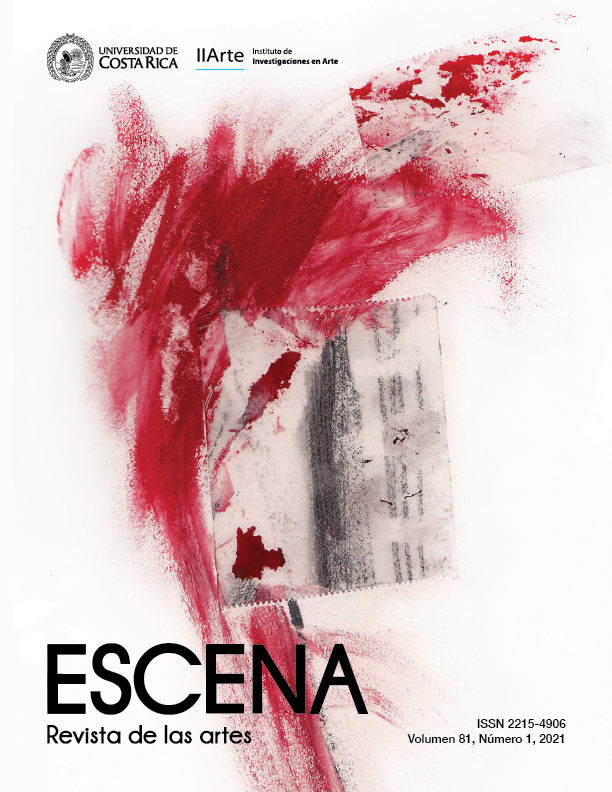Abstract
This article proposes to carry out a critical analysis about the Cuban film Chamaco (2010) by the director Juan Carlos Cremata (b. 1961), based on the homonymous play by Abel González Melo (b. 1980). The questions that originate it are intended to show the social issues that Chamaco introduces to Cuban cinematography –with emphasis on the construction of male sexuality–, how its director handles cinematographic codes from a theatrical text, what realities of the framework social approach and from what perspective does it. For this, the authors rely on publications referring to both dramatic works, historical aspects of the Cuban film industry, queer cinema, as well as aspects of the construction of meanings from the image.



